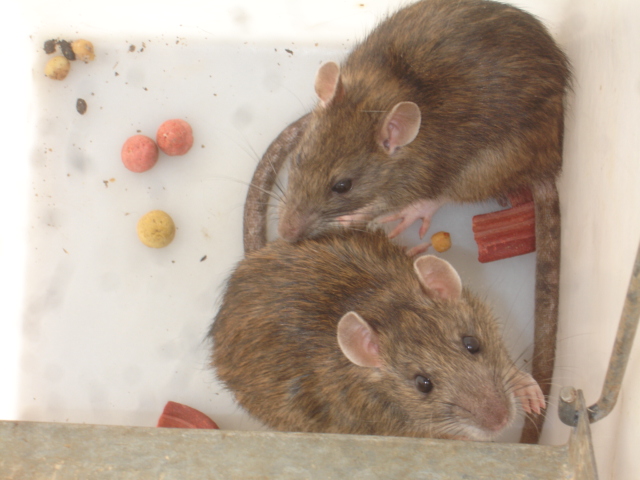Now, the Rats
 The environmentalist blog Celsias reports that Russia is experiencing an "explosion of virus-carrying mice."
The environmentalist blog Celsias reports that Russia is experiencing an "explosion of virus-carrying mice."
Experts have long feared that Earth’s warming climate would cause tropical diseases such as malaria to spread into more temperate zones, but a dramatic example of an apparently climate-related disease outbreak cropped up this winter in a cold place — Russia.
More than 3,000 cases of infections caused by hantaviruses have been reported so far in Russian cities and towns, including many that are within a few hundred miles of Moscow, such as Voronezh and Lipetsk. The viruses can cause a serious, and sometimes deadly, disease known as hemorrhagic fever with renal syndrome, or HFRS.
During Russia’s more typically frigid winters, scientists believe, HFRS-causing viruses die off in the consistently below-zero temperatures. But this winter has been anything but cold. On Dec. 7 Moscow hit a record 46 degrees Fahrenheit. HFRS was last on a rampage in Russia in 1997, coinciding with another very warm winter. By mid-spring that year, the number of cases reached more than 20,000.
The viruses are transmitted to humans when infected mice set up housekeeping in the nooks and crannies of homes, barns, sheds and other buildings. If droppings left by the mice are disturbed, the viruses waft up and out of the excretions like a miasma, infecting people who breathe the air.
Biologists estimate that the current population of rodents in Russia is 10 times as high as in previous years, and that one in three mice is infected with an HFRS-causing virus. Most researchers attribute the spike to the unusually warm weather, although some think a natural cycle in mouse populations may play a role.
“Global warming has tipped a balance,” said Irina Gavrilovskaya, a scientist and physician at the State University of New York at Stony Brook who has conducted research on HFRS at the Russian Academy of Medical Sciences in Moscow. “Because of the lack of snow cover on Russian fields, the country has had an explosion in numbers of virus-carrying mice.”


















No comments:
Post a Comment